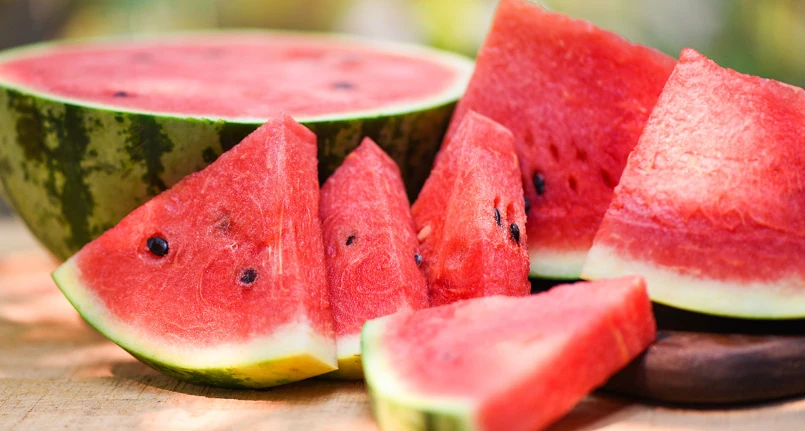However, one should not exaggerate , because on the other hand, going to bed with a sense of hunger can cause various problems including difficulty falling asleep and disturbed sleep .
When you decide to eat it can happen that you never feel full, that’s why .
Going to bed hungry: possible causes
Going to bed hungry may not cause any problems if you still take in the calories and nutrients needed to meet your daily requirement throughout the day .
Here are some reasons that can lead to a sense of hunger before the rest phase.
Late bedtime
In general, a healthy diet consists of three meals a day and, if necessary, small snacks in between.
So, depending on when you go to bed, ending the day with dinner long before you fall asleep might make you feel a little peckish late into the evening.
Reduce calories
You may fall asleep hungry even if you are intentionally cutting calories to lose weight .
In this case, make sure you are maintaining a well-balanced diet to ensure that nighttime hunger is not a cause for concern.
Not getting enough sleep
You may feel hungry before bed because you are not getting enough sleep.
Excessive tiredness , in fact, can trigger the hormone ghrelin , which increases the desire for food and the feeling of appetite . Another hormone called leptin can also be triggered by inadequate sleep and make you feel hungry even after you’ve eaten dinner.
Undernourishment or malnutrition
Going to bed hungry can also be a sign of a more serious condition such as malnutrition , which occurs when an average weight person’s caloric intake is consistently below 1,800 and their diet is lacking in vitamins , minerals and other essential components for a balanced diet.
Pros and cons of going to sleep hungry
Going to bed hungry can feel empty or dissatisfied, but it may be healthier to do so than overeating before bed.
There are, in fact, several side effects associated with eating before bed, such as weight gain and body mass index ( BMI ), indigestion , disrupted sleep , and slowed metabolism .
Several research studies have highlighted the risks of overeating before bed.
One from 2013 found that eating within 4 hours of bedtime could result in higher calorie burn during the day. Theory also confirmed by another study from 2014 according to which the increase in calorie intake from eating late at night and closer to bedtime could lead to the intake of extra calories and weight gain because you end up to eat several times during the day.
Finally, according to a third, eating at a time closer to when the body starts producing melatonin can lead to an increase in body fat percentage , indigestion and sleep problems.
What to eat and drink before going to bed
If you feel hungry before bedtime and want to have a snack, it is better to opt for healthy foods that can encourage rest , avoiding sleep problems and stomach pain .
Yes to foods with tryptophan
Foods that contain the amino acid tryptophan are ideal , an element that promotes sleep by activating the serotonin hormone in the body. Choices may then include turkey , chicken , fish , nuts , eggs , and whole grains like bread or crackers.
What to avoid
Better to forget foods that take a long time to digest such as fried , spicy or too sugary foods .
Drinks
Also pay attention to what and how much you drink before going to sleep. Beverages containing alcohol or caffeine might make it more difficult to fall asleep or stay asleep.
How to avoid feeling hungry before going to sleep
Here are some tips to avoid late night hunger or late night eating.
- Determine how many calories you should eat per day and spread them out over the day, planning to finish within close proximity of sleep time.
- Eat three meals at regular times during the day and, if necessary, intersperse them with small healthy snacks.
- Follow a diet that is as varied as possible and that includes fruit, vegetables , proteins , low-fat dairy products and whole grains in the right proportions .
- Try to eat more protein and fiber at dinner because these elements help you feel full.
- Avoid eating too many foods that are unhealthy or contain a lot of refined sugar , salt , or saturated fat .
- Reconsider your calorie intake, realizing that drinks like smoothies digest faster than solid foods.




